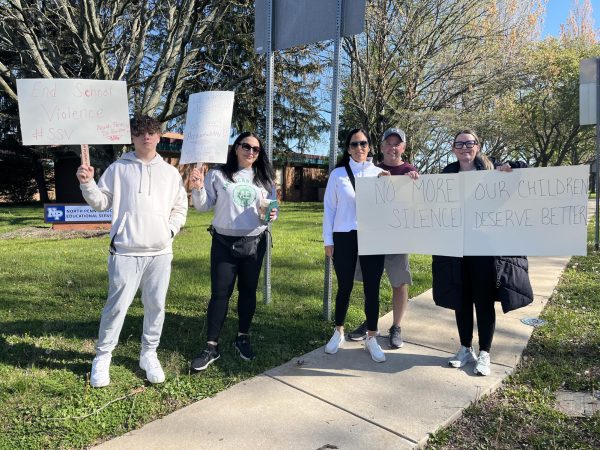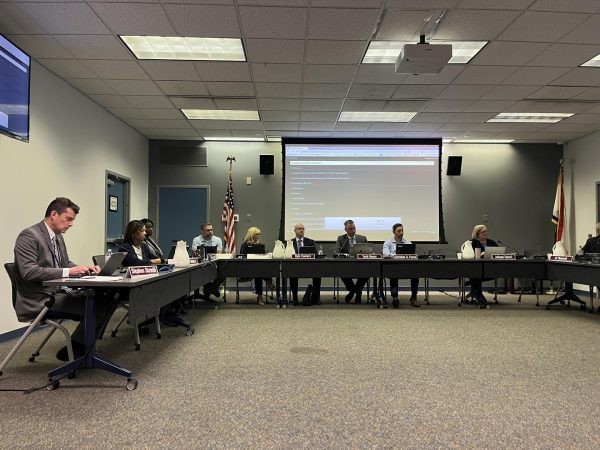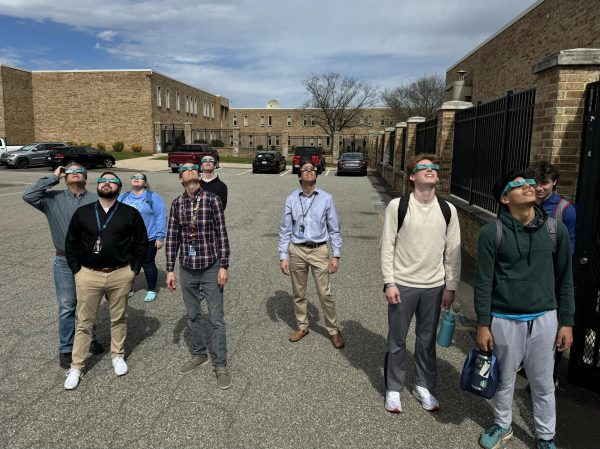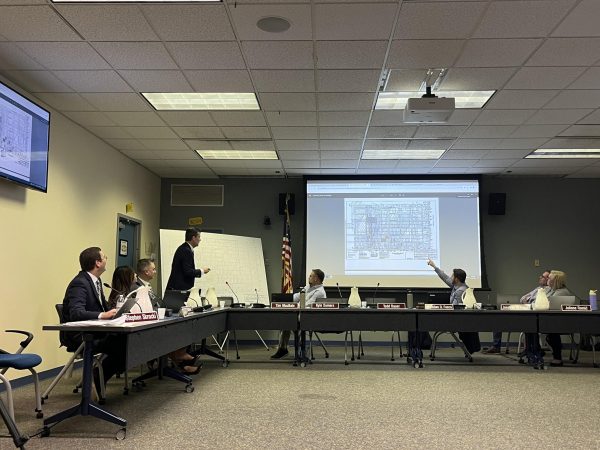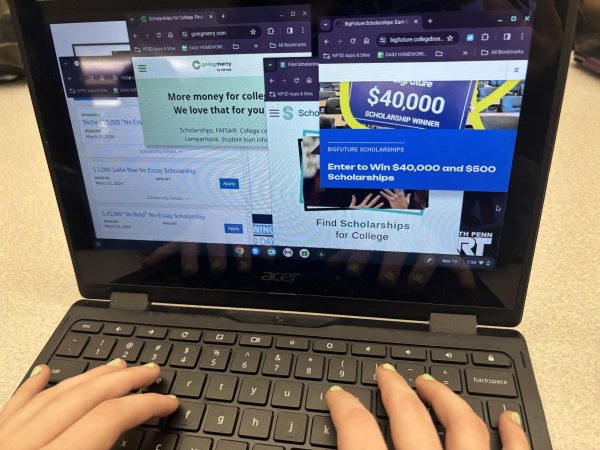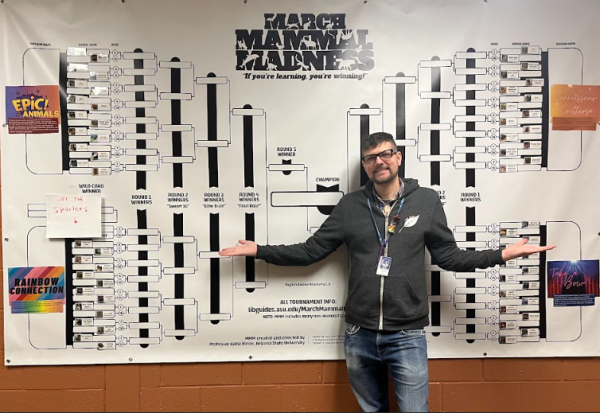Everything you need to know about Net Neutrality
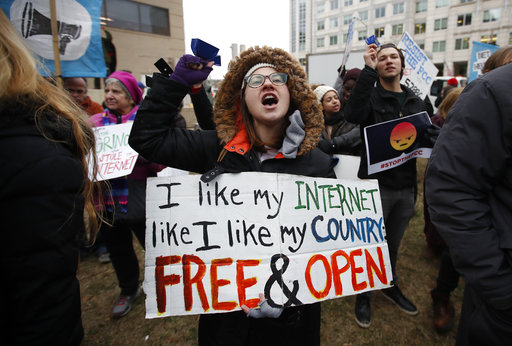
Lindsay Chestnut of Baltimore holds a sign that reads “I like My Internet Like I Like my Country Free & Open” as she protests near the Federal Communications Commission (FCC), in Washington, Thursday, Dec. 14, 2017, where the FCC is scheduled to meet and vote on net neutrality. The vote scheduled today at the FCC, could usher in big changes in how Americans use the internet, a radical departure from more than a decade of federal oversight. (AP Photo/Carolyn Kaster)
“Net Neutrality” – the newly created term has been spreading around the U.S. like wildfire. People are talking about it, posting about it, and most importantly, voting about it. It’s an issue of huge significance, considering it deals with one of the things the population uses the most: the internet. Even though most people know the general premise of it, what exactly does it mean?
In its exact definition, Net Neutrality is “the principle that Internet service providers should enable access to all content and applications regardless of the source, and without favoring or blocking particular products or websites.” To put it into simpler terms, it’s basically giving everyone unfiltered access to every website – which is what we have now.
When going onto the world wide web, there are no restrictions as to what websites someone can go on. Also, besides the typical run-of-the-mill advertisements, there aren’t any certain websites being pushed upon internet users.
So, why is Net Neutrality being so widely talked about and debated?
In 2015, the Federal Communications Commission adopted the concept. Millions of people agreed with it, wanting to stay in control of their browser. On December 14th, 2017, a majority of Republicans in the FCC approved Aljit Pia’s (the board’s chairman’s) plan to reverse the rules for the first time in 2 years.
Net Neutrality’s reverse means that a person’s internet provider will call the shots on what websites their customers could use. There’s no real way to know what sites would be blocked, but it’s assumed that a majority of social media apps would be locked without additional payment. Essentially, companies such as Verizon and Sprint would make more money by charging people for the use of programs like Snapchat and Twitter, which are free for the time being. So, the motive behind the switch strongly has to do with internet companies wanting to be richer.
However, there’s a bigger concern than the loss of social media. Online content that relates to people who are LGBTQ+, people of color, people of different religions and political affiliations, etc. are sites that have a good chance of going away too. The programs being blocked strongly has to do with the opinions of the people running the internet companies.
It’s unsure to tell what exactly happens next, but in the meantime, there’s not much that the population can do to change what’s already been approved. Researching various internet providers can help predict which sites will be disappearing, so it’s a good idea to switch to a provider that agrees with your political views.
Additionally, there are multiple petitions going around against it, such as http://act.freepress.net/sign/internet_fcc_overturn_rod.
No matter your political affiliation or opinions regarding social rights, Net Neutrality will affect us all. Stay informed.


